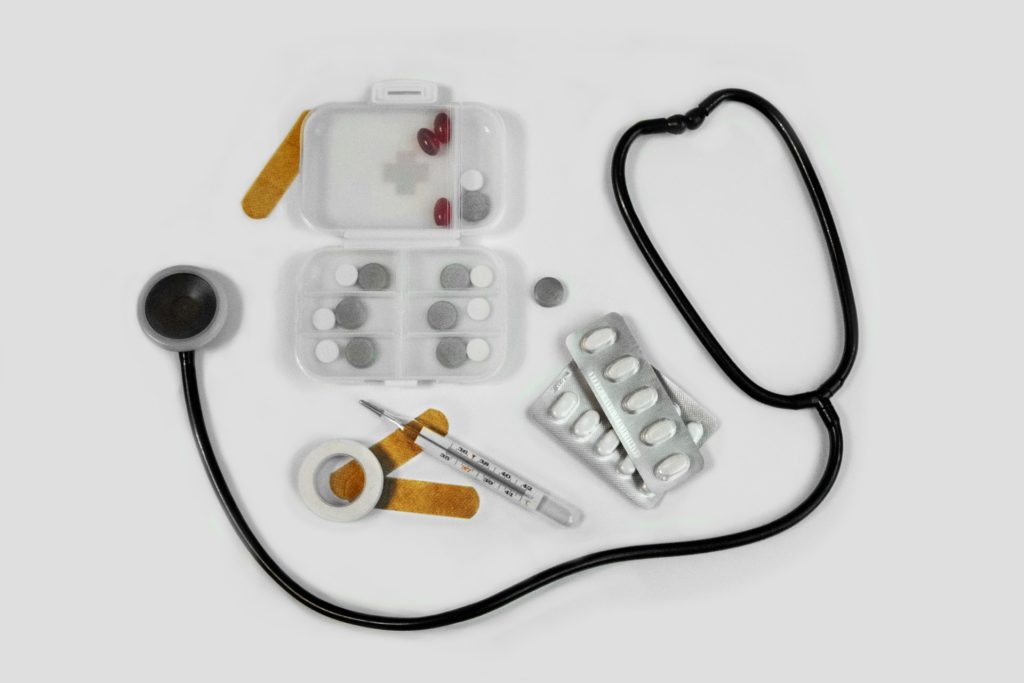Medical malpractice results when a healthcare provider or medical professional fails to provide appropriate treatment neglects to take appropriate actions or provides substandard medical care that causes harm, injury, or death. Medical negligence typically involves a medical error such as in the diagnosis, medication dosage, treatment, or aftercare. Medical malpractice attorneys help victims of medical malpractice win fair compensation for the pain, suffering, and injury caused by medical negligence. There are approximately 19,000 medical malpractice lawsuits in the United States every year.
What is medical malpractice?

Hospitals, medical professionals, and health care professionals are expected to provide a certain standard of patient care. They are legally responsible in the event a patient is harmed or injured because of a subpar quality of care that deviates from expectations. A victim of medical malpractice can file a personal injury lawsuit if they can provide evidence of negligence on the part of a health care provider. This includes failure to provide a proper standard of care, an injury that results from negligence, and an injury that results in considerable damage.
It’s important to seek legal advice from an experienced medical malpractice attorney. Medical malpractice victims have the right to raise medical malpractice cases against a wrongdoer within the statute of limitations. The attorneys at Davis Kelin law firm have years of experience in litigation and trial juries for wrongful death, medical malpractice, birth injury, and personal injury cases. The New Mexico medical malpractice attorneys work hard to win the fair compensation for medical expenses, punitive damages, and non-economic damages that injury victims deserve. Read on for some common medical malpractice claims
1. Misdiagnosis

Misdiagnosis is one of the most common reasons for medical malpractice claims. A misdiagnosis can result in a patient undergoing unnecessary medical treatments or not receiving the correct medical attention. This can cause irreparable harm or even wrongful death. Misdiagnosis is common with tumors, heart conditions, infections, and blood clots.
2. Delayed Diagnosis

Delayed diagnosis results when a medical professional gives a misdiagnosis or fails to give a diagnosis at all. This allows a medical condition to progress which can be detrimental to a patient’s health, such as a delayed cancer diagnosis.
3. Medication Errors

Medication errors can be administering an improper dosage of a medication or administering multiple medications that negatively interact. It’s also possible for medical professionals to prescribe the wrong medication.
Medical errors can be costly for hospitals, especially when resources are used needlessly or improperly. The best way to maintain quality standards while cutting costs is to focus on medical management. Innovative Health Plan (IHP) provides comprehensive medical management services through a professional staff of medical providers who are qualified in cost management issues. Utilization, disease, and case management helps hospitals and clinics reduce overhead costs while maintaining quality assurance standards.
4. Surgical Errors

Surgeons could accidentally puncture an organ during surgery, leaving surgical equipment inside the body, or operate on the wrong body part. Medical providers can also fail to give patients proper post-surgery instructions or use inappropriate procedures that cause harm or serious injury.
5. Childbirth Injuries

Birth injuries that result from doctor negligence include brain injuries, bone fractures, nerve damage, and paralysis. Failing to diagnosis a mother’s medical condition or failing to diagnosis a child’s birth defect is also grounds for a medical malpractice case.
6. Anesthesia Errors

The smallest error by an anesthesiologist can result in serious injury, brain damage, or wrongful death. Anesthesia errors occur when an anesthesiologist fails to review the patient’s medical history, fails to inform the patient of the risks, administers too much anesthesia, or fails to monitor the patient’s vitals during surgery.
7. Hospital Infections

Hospitals are full of ill and injured patients who bring in harmful pathogens. It’s not uncommon for patients to contract hospital-associated infections while receiving medical care. Hospital infections are caused by bacterial, viral, or fungal pathogens.
Medical negligence can result in serious injury or permanent complications that cause loss of enjoyment of life. Injured people have the right to take legal action against medical providers who provide substandard medical services.








